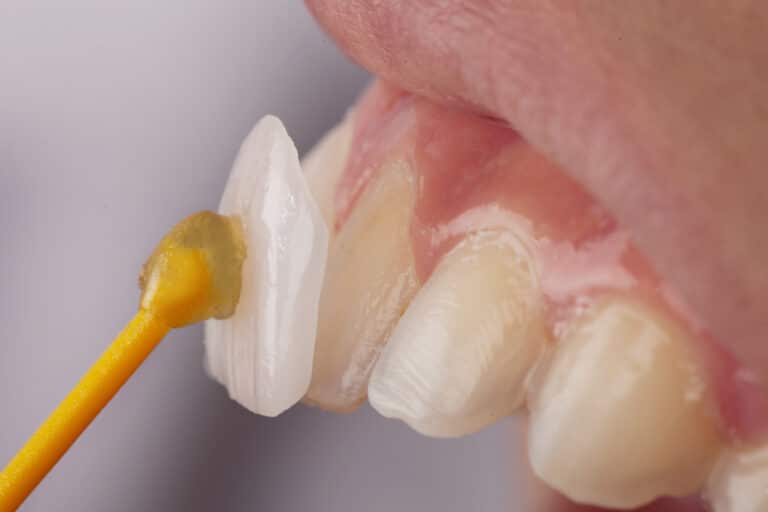Gum disease is one of the most common chronic health conditions in the United States. Though prevalent, it is still a serious concern. The condition develops when bacteria accrue in your mouth. At first, gum disease causes mild inflammation, but as the bacteria move further into your soft tissues, they will create pockets. The bacteria will continue to proliferate, and the pockets will grow larger. As this happens, you could develop significant gum sensitivity, inflammation, and bleeding. Your soft tissues could even start to pull away from your dental roots, and you could experience widespread tooth loss.
Virtually anyone of any age can suffer from gum disease, but there are certain factors that can increase your risk for the condition. To learn more about the factors that contribute to gum disease, read the information provided by our Queens, NY dentists Clifford Degel and Carmen Every-Degel. If any of these risk factors apply to you, you should schedule a periodontal screening as soon as possible.
Poor Dental Hygiene: The Number One Risk Factor for Gum Disease
Because bacteria are the fundamental cause of gum disease, proper dental care is absolutely essential. Of course, you should brush and floss regularly, particularly after meals and before bed. You should also use antimicrobial mouthwash daily. At the same time, care at home goes hand-in-hand with professional treatment. You should visit our office at least twice a year for cleanings and exams. If you are already at a high risk for gum disease, or if you have been diagnosed with the condition, schedule three to four visits a year.
Diet and Gum Disease
Your eating habits will also contribute to your periodontal health. Sugars and starches are the main source of energy for oral bacteria. When you consume too much of these substances, microbes will thrive and multiply more rapidly. Cut back on refined sugars, and choose whole grains, which are not as easy for bacteria to consume. When you do eat sugar, drink water at the same time, and be sure to brush your teeth afterwards.
Periodontal Disease and Your Overall Health
If you have a compromised immune system, your body will not be able to fight bacteria as readily. As a result, oral bacteria will be more likely to thrive. If you have a diabetes, HIV/AIDS, cardiovascular disease, rheumatoid arthritis, or a similar condition, you are at a higher risk for gum disease. You also face a greater likelihood of developing gum disease if you are on immune suppressant drugs or chemotherapy. Of course, as you get older, your immune system will slow down. Consequently, gum disease is most likely to affect individuals over age 65.
Hormonal changes can also contribute to the development of gum disease. For this reason, many expectant mothers will develop “pregnancy gingivitis.” Periodontitis can also affect girls who are going through puberty.
Smoking and Periodontitis
Smoking is another one of the most significant causes of gum disease. In fact, according to a study from the CDC, individuals who smoke less than half a pack of cigarettes a day are over three times more likely to develop gum disease than people who do not smoke. Nicotine interferes with cell growth and inhibits your body’s ability to heal. Therefore, if you smoke, the connective tissue that keeps your gums tightly attached to your dental roots will be weakened. Smoking can also slow your immune system.
Contact Us for Complete Periodontal Care
If you are at risk for gum disease, contact our office today to schedule a complete exam. If we detect the presence of periodontitis, we will provide appropriate treatment.




